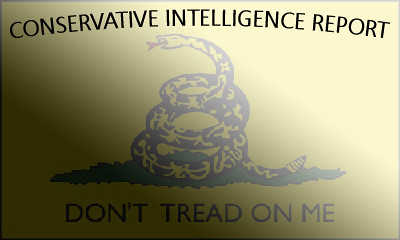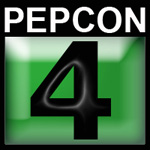USSR Watch
By JONATHAN DIMBLEBY
As ex-President Putin settles in to his new role as Prime Minister, he has every reason to congratulate himself.
After all, he has not only written the script for his constitutional coup d'etat, but staged the play and given himself the starring role as well.
Of course, he has given a walk-on role to Dmitry Medvedev, his personally anointed successor.
…
But the transfer of power from Putin to his Little Sir Echo, Medvedev, and the show of military strength with those soldiers and clapped-out missiles in
…
Just before he stood down as President, Putin declared: "I have worked like a galley slave throughout these eight years, morning til night, and I have given all I could to this work. I am happy with the results."
As he surveys the nation today he reminds me of that chilling poem by Ted Hughes, Hawk Roosting, in which the dreaded bird sits at the top of a tall tree musing: "Now I hold all Creation in my foot - I kill as I please because it is all mine - I am going to keep things like this."
…
Despite the fact that Putin's
Cynicism and fatalism which eat away at the human psyche have wormed their way into the very DNA of the Russian soul.
In a nation that has not tasted and - with very few exceptions - does not expect or demand justice or freedom, all that matters is stability and security.
…
In a country where the "separation of powers" has become a bad joke, the law courts are no less corrupt.
Except perhaps for minor misdemeanours at local level, the judiciary is in thrall to the Kremlin and its satraps.
The threat of prosecution for tax fraud is the Kremlin's weapon of choice against anyone who dares to challenge its hegemony.
When Mikhail Khodorkovsky, once the richest man in
The oligarch was duly arrested and convicted of fraud. He now languishes in a Siberian jail where he is in the third year of an eight-year prison sentence.
None of this is a matter of public debate in
Almost every national radio and television station is now controlled directly or indirectly by the state, and the same applies to every newspaper of any influence.
In the heady days immediately before and after the collapse of the Soviet empire, editors and reporters competed to challenge the mighty and to uncover scandal and corruption.
Now they cower from the wrath of the state and its agents in the police and the security services.
That diminishing number who have the courage to investigate or speak out against the abuses perpetrated by the rich and powerful very soon find themselves out of a job - or, in an alarming number of cases, on the receiving end of a deadly bullet.
Some 20 Russian journalists have been killed in suspicious circumstances since Putin came to office. No one has yet been convicted for any of these crimes.
Putin calls the system over which he presides "sovereign democracy". I think a better term is "cryptofascism" - though even the Kremlin's few critics in
After all, their parents and grandparents helped save the world from Hitler - at a cost of 25 million Soviet lives. Nonetheless, the evidence is compelling.
The structure of the state - the alliance between the Kremlin, the oligarchs, and the security services - is awesomely powerful.
No less worryingly is popular distaste - often contempt - for democracy and indifference to human rights.
In the absence of any experience of accountability or transparency - the basic ingredients of an open society - even the most thoughtful Russians are prone to say: "
The new Prime Minister has brilliantly exploited the patriotism and latent xenophobia of the
This combination of national pride and insecurity has been fuelled by the
No serious defence analyst believes this makes any strategic sense, while even impeccably pro-Western Russians recoil from this crass assertion of super-power hegemony by President Bush.
Similarly most Russians feel threatened - and humiliated - by the prospect that
…
With communism consigned to "the dustbin of history", there is no ideological conflict of any significance. And there is now only one military superpower.









<< Home